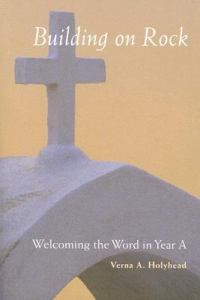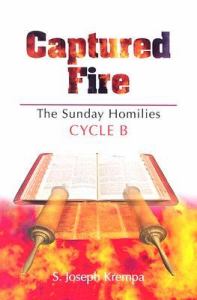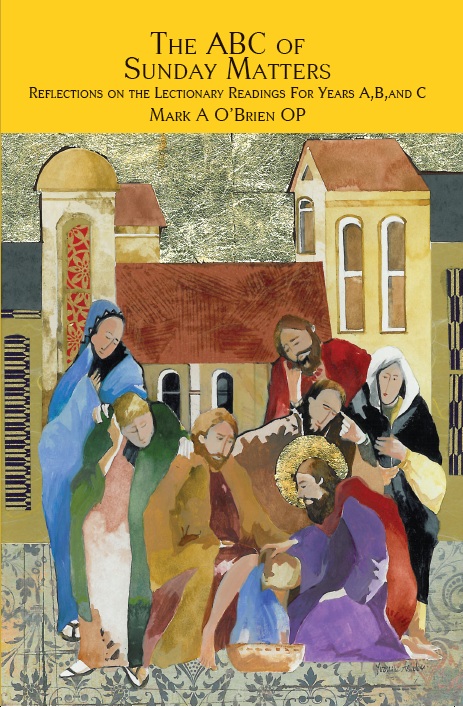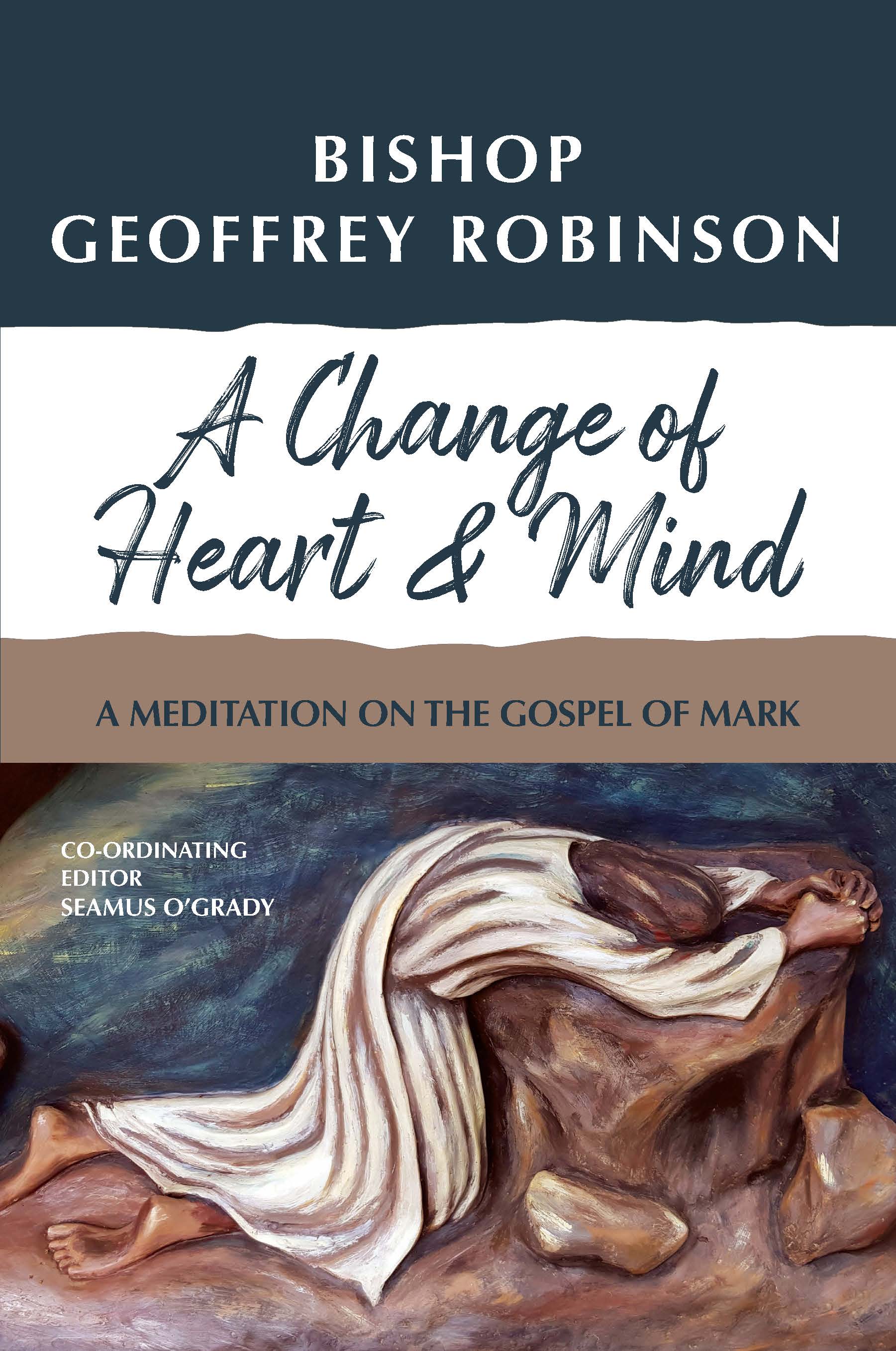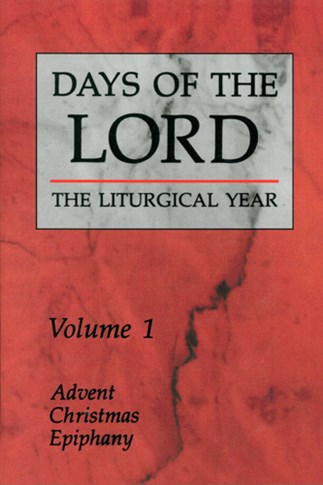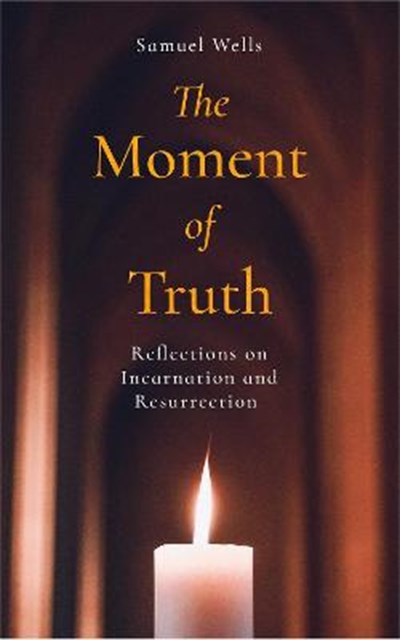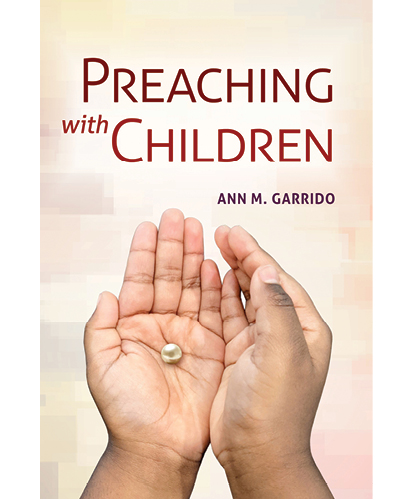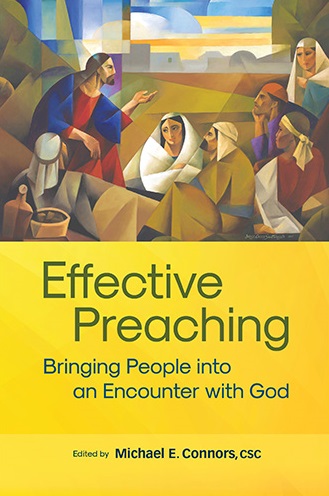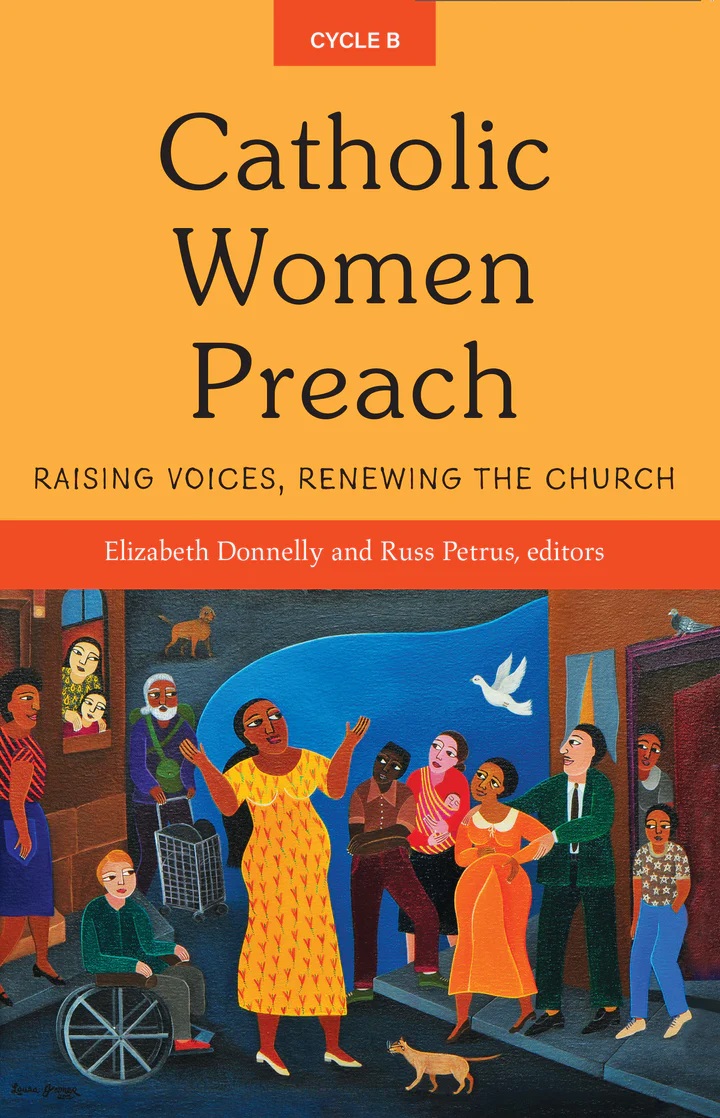The Crisis of Bad Preaching is an audacious response to a long-simmering pastoral crisis: poorly prepared, often stale, and largely irrelevant homilies that are fueling the mass exodus of people from the Church.
Echoing Popes Benedict and Francis, Rev. Joshua Whitfield confronts what is perhaps the most common complaint of Catholics around the world: hollow, vacuous preaching. A parish priest in Dallas, Whitfield encourages fellow preachers to profound renewal, reminding them that preaching is not just something they do, it is essential to who they are.
Catholic preaching today often achieves the opposite of what it should, which is connecting the People of God with the Gospel of Christ in a compelling and motivating way. With an insider’s candor, biting honesty, and persuasive conviction, Whitfield stresses that preachers need to return to this ideal because the wellbeing of the Church depends on it.
More than just another how-to book, The Crisis of Bad Preaching is at once deeply challenging and uplifting and full of practical advice for a reversal of the status quo.
In Part I, Whitfield explores the essential role of the preacher as a public intellectual and member of the communion of preachers that spans the history of the Church. Whitfield offers advice about which great preachers—from Origen, Augustine , and Aquinas to Martin Luther King, Jr. and Bishop Robert Barron—to study and what to learn from them. Whitfield also explains why preachers must submit in humility to the fullness of the Church—its teachings, authority, practices, and structures.
In Part II, Whitfield explores the important habits of prayer, preparation, cultivating rhetorical skill, and learning to take full advantage of both positive and negative criticism. He explains how the way of the preacher must be the way of the Holy Spirit and argues that without the preacher opening his heart to the fire of evangelical proclamation, he will lack the capacity to preach the transforming grace of the Gospel, his mandate.
In a brief epilogue, Whitfield encourages ten habits for listening. Addressed to both laity and the ordained, he asserts that fixing preaching will take the concerted effort of all members of the Church.

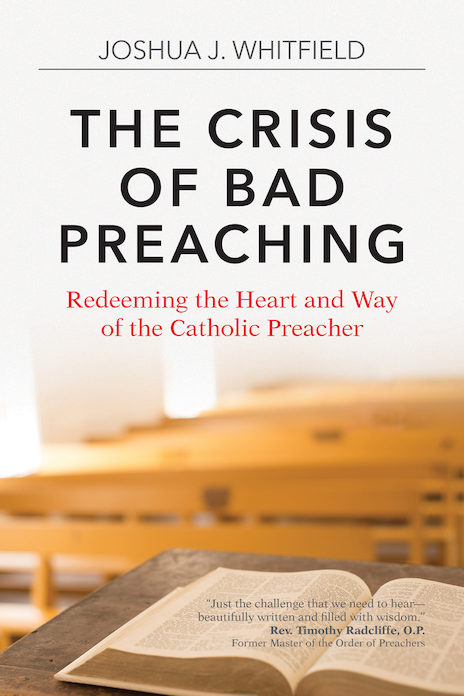
 Back
Back
